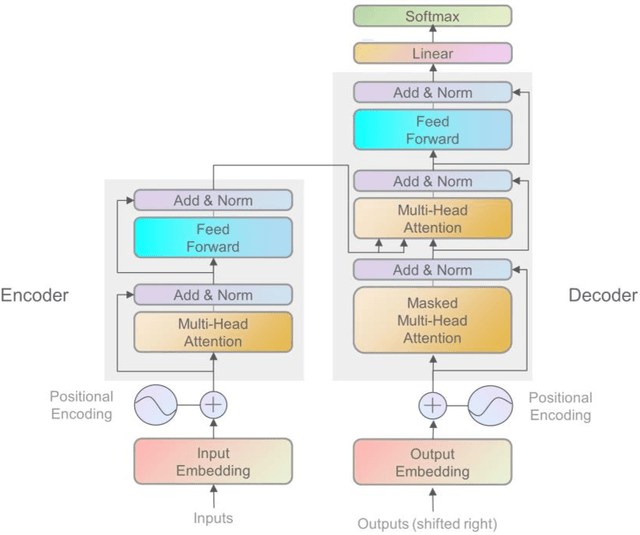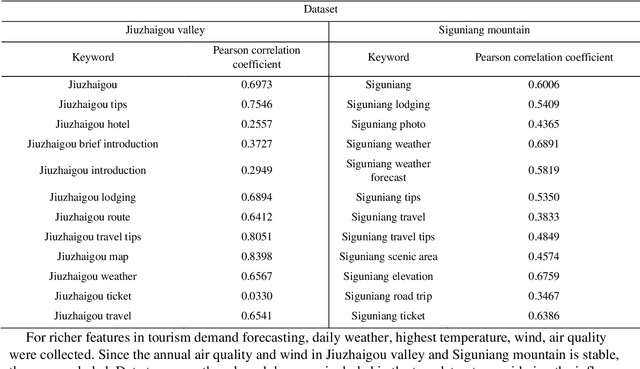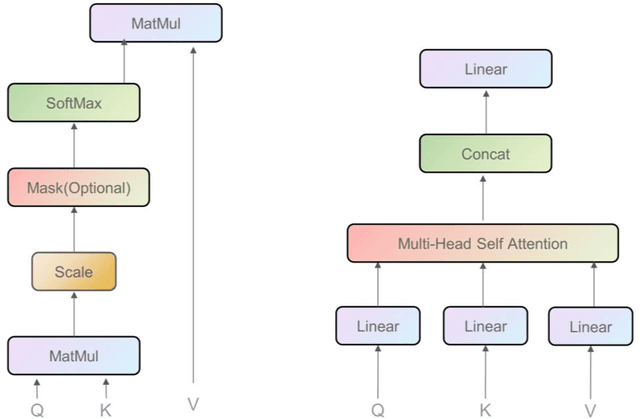Siyuan Yi
Tsformer: Time series Transformer for tourism demand forecasting
Jul 22, 2021



Abstract:AI-based methods have been widely applied to tourism demand forecasting. However, current AI-based methods are short of the ability to process long-term dependency, and most of them lack interpretability. The Transformer used initially for machine translation shows an incredible ability to long-term dependency processing. Based on the Transformer, we proposed a time series Transformer (Tsformer) with Encoder-Decoder architecture for tourism demand forecasting. The proposed Tsformer encodes long-term dependency with encoder, captures short-term dependency with decoder, and simplifies the attention interactions under the premise of highlighting dominant attention through a series of attention masking mechanisms. These improvements make the multi-head attention mechanism process the input sequence according to the time relationship, contributing to better interpretability. What's more, the context processing ability of the Encoder-Decoder architecture allows adopting the calendar of days to be forecasted to enhance the forecasting performance. Experiments conducted on the Jiuzhaigou valley and Siguniang mountain tourism demand datasets with other nine baseline methods indicate that the proposed Tsformer outperformed all baseline models in the short-term and long-term tourism demand forecasting tasks. Moreover, ablation studies demonstrate that the adoption of the calendar of days to be forecasted contributes to the forecasting performance of the proposed Tsformer. For better interpretability, the attention weight matrix visualization is performed. It indicates that the Tsformer concentrates on seasonal features and days close to days to be forecast in short-term forecasting.
 Add to Chrome
Add to Chrome Add to Firefox
Add to Firefox Add to Edge
Add to Edge